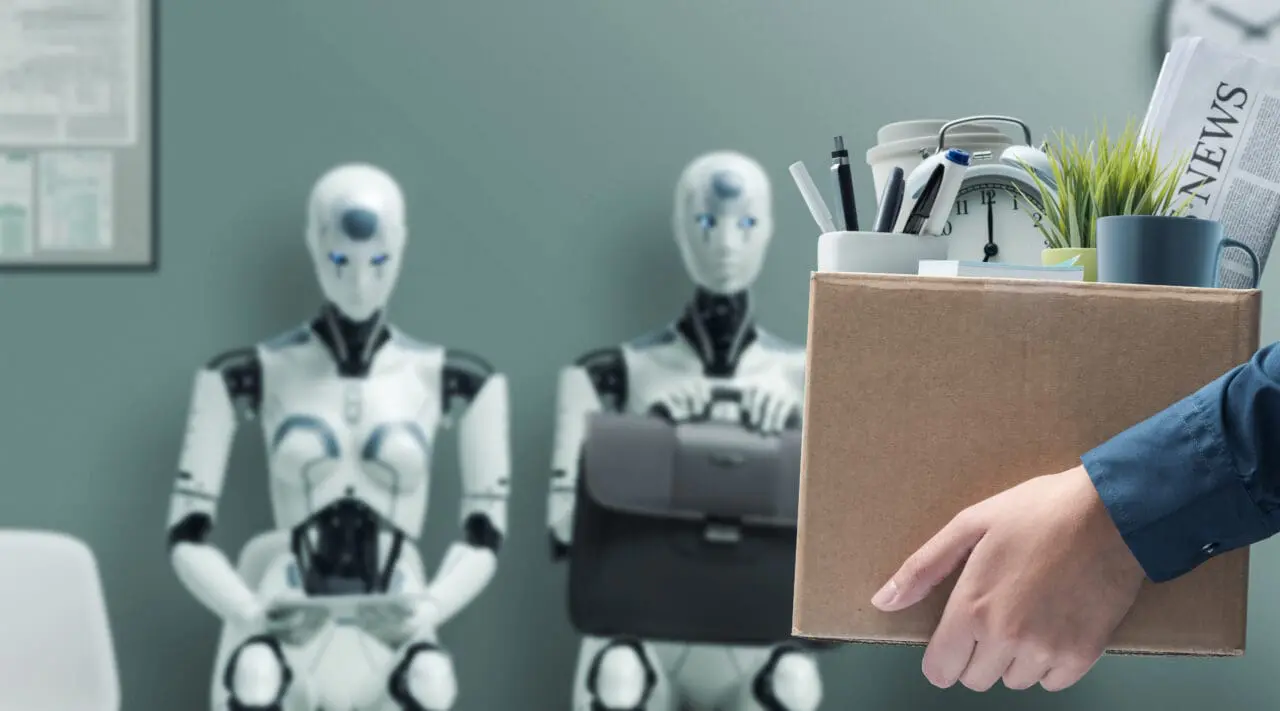

Artificial intelligence (AI) is transforming the employment landscape in the United Kingdom, driving significant changes in a multitude of industries. This technological leap has brought about innovative ways to increase productivity, streamline operations, and foster growth. However, the integration of AI into the workforce also presents potential challenges, particularly the replacement of human workers by automated systems.
The implications of AI on the future of employment in the UK cannot be understated. The increasing adoption of AI is predicted to shift the focus towards more complex, creative, human-centred roles, whereby workers complement the capabilities of AI. This shift emphasises the need for the current and future workforce to adapt and acquire new skills, preparing for the evolving job market.
The Department for Education, through the Unit for Future Skills, has taken a front-line role in examining the effects of AI on the UK job market. This includes the identification of sectors most at risk from AI-driven change, creating a robust foundation for policy formulation and strategic planning towards a balanced AI-human workforce.
The finance and insurance sector in the UK is one of the areas significantly exposed to AI disruption. The advent of algorithms capable of performing tasks such as data analysis and risk assessment has prompted an industry-wide rethink on job roles and worker competencies. As a result, an urgent need for retraining and upskilling initiatives is apparent to ensure a smooth transition towards AI-augmented operations.
The race towards an automated workforce presents a unique mixture of challenges and opportunities. While AI is set to replace a number of traditional roles, particularly those involving repetitive tasks, it also opens doors for new job creation, notably in areas such as AI ethics, data science, and algorithmic accountability. These changes necessitate a proactive approach in education and training to ensure workforce readiness.
Striking a balance between human workers and AI integration is crucial for UK businesses. Successful AI implementation requires a harmonious blend of human creativity and AI precision. Businesses need to strategically incorporate AI into their operations, ensuring it complements rather than competes with human skills and intuition.
AI’s potential impact isn’t limited to low-skilled jobs. High-skilled jobs, especially those involving data analysis and decision-making, are also on the radar. Despite being perceived as immune to AI disruption, these roles could see significant changes in their nature and demand. This calls for a reassessment of skill requirements in these professions.
AI systems, while highly efficient, can inadvertently perpetuate bias and inequality due to their dependence on human-generated data. Therefore, careful consideration is needed to ensure fair job opportunities in an AI-driven future. Measures must be put in place to prevent algorithmic bias and to uphold diversity and inclusion in the workforce.
With the rapid rise of AI, government intervention becomes paramount to safeguard workers against potential displacement. This includes the implementation of policies promoting worker retraining and upskilling, alongside support for those transitioning between jobs. Through such measures, the government can play an instrumental role in ensuring a just transition towards an AI-centric economy.


